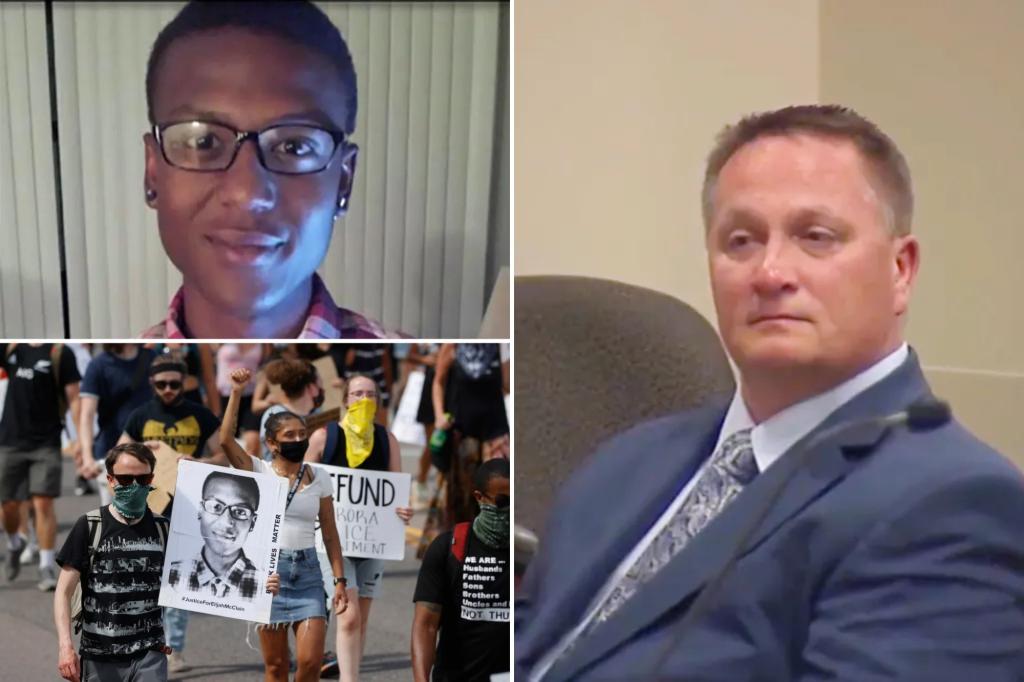The former paramedic, Jeremy Cooper, avoided prison and was sentenced to probation for his homicide conviction in the death of Elijah McClain. McClain, a Black man, was injected with a powerful sedative by Cooper in 2019 after being forcibly restrained by police in a Denver suburb. The sentencing concluded a series of trials that resulted in convictions for not only Cooper, but also a police officer and another paramedic. The criminal charges against paramedics and emergency medical technicians involved in police custody cases are uncommon.
Following the escalation of racial injustice protests in 2020, McClain’s death became a focal point in the movement. McClain’s mother expressed her disappointment and placed blame on everyone present during the incident, including Cooper. The convictions in McClain’s case were considered unprecedented prior to the events of 2020, which sparked a national conversation on racist policing and deaths in police custody. Experts reported that at least 94 individuals had died after being given sedatives and restrained by police between 2012 and 2021, highlighting the urgency for legal accountability in such cases.
Despite the convictions, not all charged individuals received stringent punishments, with Cooper being sentenced to probation. The slow progress and the reluctance to convict may be attributed to historical challenges in holding police officers accountable. Cooper expressed remorse during the hearing, stating his regrets about McClain’s outcome. The judge sentenced the other paramedic to a five-year prison term and the police officer to 14 months in jail for their roles in McClain’s death. The charges were initially declined until Governor Jared Polis ordered a reopened investigation which found McClain’s cause of death to be the ketamine injection.
Since McClain’s death, significant changes have occurred within departments and units involved in police custody cases. These changes aim to reassess procedures and ensure suspects are treated appropriately. However, experts believe it will take time to gather evidence on the effectiveness of these efforts. The protests following McClain’s and Floyd’s deaths also led to legislative initiatives to restrict certain police tactics, including neck restraints and chokeholds. These measures have been implemented in at least 27 states, including Colorado, in response to the heightened scrutiny on police practices following the high-profile deaths.
McClain’s mother expressed her dissatisfaction with the outcome of the case, believing that justice has not been served for her son. She held all individuals present during the incident accountable for his death, including the acquitted Aurora police officers. Her plea for justice reflects a larger struggle for accountability and reform within law enforcement. The consequences of these events underscore the importance of addressing racial inequalities and excessive use of force by law enforcement to prevent similar tragedies in the future.















